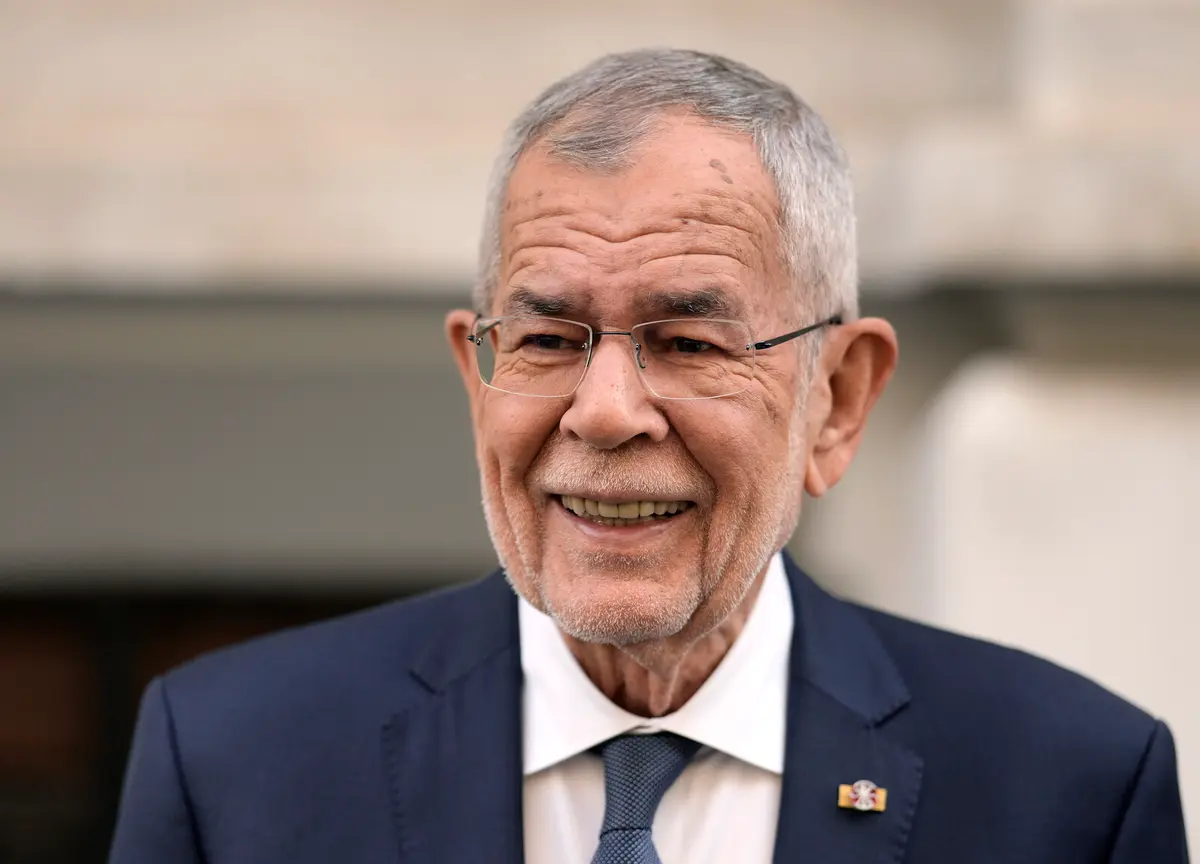After a long autumn and winter with many political statements, the Austrians are still waiting for a new government after the election in September.
The political chaos has led the conservative Chancellor Karl Nehammer to resign, and now President Alexander Van der Bellen is opening the door to the party that all others have refused to cooperate with so far: the far-right FPÖ.
Democracy is about cooperation and finding compromises. Without compromises, we have no democracy, said Van der Bellen in a televised speech on Sunday, where he announced that he had invited FPÖ leader Herbert Kickl for talks on Monday.
Fruitless talks
FPÖ became the largest party with nearly 29 percent of the votes in the September election, but has so far been given the cold shoulder in all negotiations. Instead, the conservative ÖVP, social democratic SPÖ, and liberal Neos have tried to find ways to govern across party lines.
On Friday, Neos dropped out of the talks, and on Saturday, the negotiations broke down completely. The first casualty was Karl Nehammer, who resigned as Chancellor and left the party leadership in ÖVP.
Less than 24 hours later, ÖVP's new temporary leader Christian Stocker is open to cooperation with the far-right.
If they were to invite us to talks on government formation, we would accept, he says at a press conference.
99 days
Thus, Stocker himself is doing a 180-degree turn, after the election he said according to public service broadcaster ORF in parliament that cooperation with FPÖ was out of the question.
A coalition may still be necessary, otherwise, the country will head towards new elections. Who will become the new temporary Chancellor is also unclear, a name will be presented later in the week, announces Van der Bellen.
FPÖ and ÖVP together reached 55 percent in the election, and it is uncertain whether they can find a solution that matches Van der Bellen's words on Sunday:
We need a government that can govern with a stable majority.
On Monday, it has been 99 days since the Austrians went to the polls.
Austria went to the polls on September 29, 2024, to elect 183 members of the National Council. The result:
FPÖ (Right-wing populist): 28.8 percent (57 seats)
ÖVP (Christian Democratic conservative): 26.3 (51)
SPÖ (Social Democratic): 21.1 (41)
Neos (Liberal): 9.1 (18)
The Greens: 8.2 (16)
FPÖ stands for Freiheitliche Partei Österreichs (Austria's Freedom Party) and was founded in 1955 by former Nazis.
From having a more liberal profile, the Freedom Party was taken in a more right-wing radical and populist direction in the 1980s by then-party leader Jörg Haider. FPÖ has been part of several different government constellations and has driven a more or less xenophobic line.
FPÖ has long had close ties to Russian President Vladimir Putin and his party United Russia. During the annexation of Crimea in 2014, the party leadership sided with Russia and opposed EU sanctions.
Herbert Kickl, born 1968 in Villach, was elected FPÖ leader in June 2021. Since then, the party's opinion polls have risen significantly.






